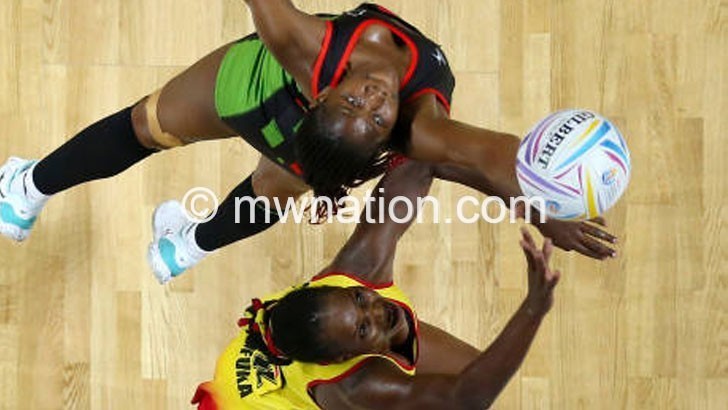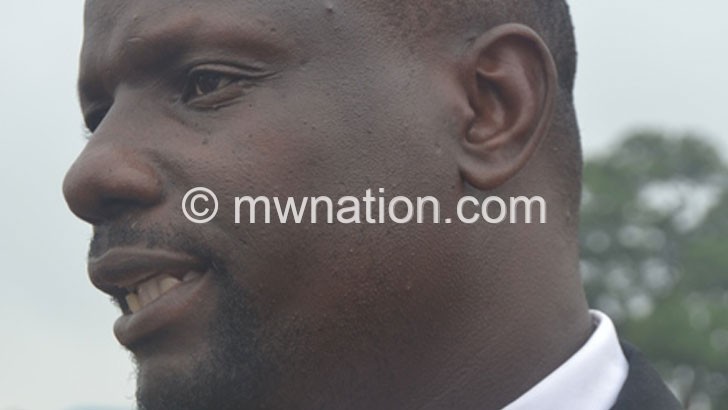Advent of football academies in Malawi
 Since the academy concept is new in Malawi, all eyes should be on what products would the Surestream produce. The academy has an ambitious plan to build a school to meet education and school needs of youngsters.
Since the academy concept is new in Malawi, all eyes should be on what products would the Surestream produce. The academy has an ambitious plan to build a school to meet education and school needs of youngsters.
Surestream opened its doors last October at the refurbished Surestream Stadium, formerly MDC Stadium, at a colourful ceremony graced by the project’s founder Christopher Pitman who will pump in $200 000.
Pitman said his dream was to offer Malawian young players an opportunity to develop their talent and play football in the English Premier and Serie A leagues, among others.
Sharing this vision is the academy’s technical director Peter Mponda who warned that unless Malawi paid attention to detail on youth football, the Flames will never become a big football force.
“Football academies the world over have proved to be the surest way to the development of talent. Gone are the days when talent could, as was the case in our generation, be picked from the streets and disorganised youth football leagues. I thank Surestream for being a true friend to Malawi football,” Mponda said during the launch.
The former Flames captain should know better the disadvantages of players not going through developmental structures. He spurned several high-profile offers in Europe due to indecision that is common among those who have never come through proper structures.
Proponents of academies say the old football generation, unlike current young players who are exposed to modern technological demands, had lesser distractions as the only preoccupation, apart from school, was football.
It is not for the sake of it that most African countries aspire to have their best players in Europe. Most successful national teams draw their players from top leagues and clubs. Europe is home to most top clubs.
Deposed African champions Zambia have six players, including Rainford Kalaba, Jacob Mulenga, Christopher Katongo, Stoppira Sunzu, Emmanuel Mbola, Emmanuel Mayuka either playing for top European football clubs or have played for them. And most of the Zambian players went through academies.
Current Africa kings, Nigeria draw over half of their players from European clubs. For six-time Africa kings, Egypt’s domestic league is at par with most European leagues.
But others argue that academies produce footballers tailor-made for European clubs; hence, such players struggle to adjust to the style of African football when playing for their respective national teams. A case study is Ivory Coast.
Other critics also view academies as the new form of slavery while others fault academy owners of increasingly abandoning their core objective by not going for talented young African players, but those who can afford fees.
Examples such as George Weah, Kalusha Bwalya, Lucas Radebe, Tony Yeboah and Roger Milla belong to that class that never went through academies. In fact, Austin ‘Jay Jay’ Okocha never played organised football in Nigeria until a holiday in Germany marked an entry into an illustrious career.
“And yet African soccer’s progress has been on decline since 1990 when a talented Cameroon team-led by legend Roger Milla, a 38-year-old striker, made it to the quarter-finals after beating defending champions Argentina. What is going on here? Why have (are) African soccer teams failing to rise on trajectory plotted 20 years ago?” asks one blogger.
Whatever argument, academies seem to be the surest way for Malawi to groom its talent capable of raising the country’s flag in Europe and improve the Flames.





